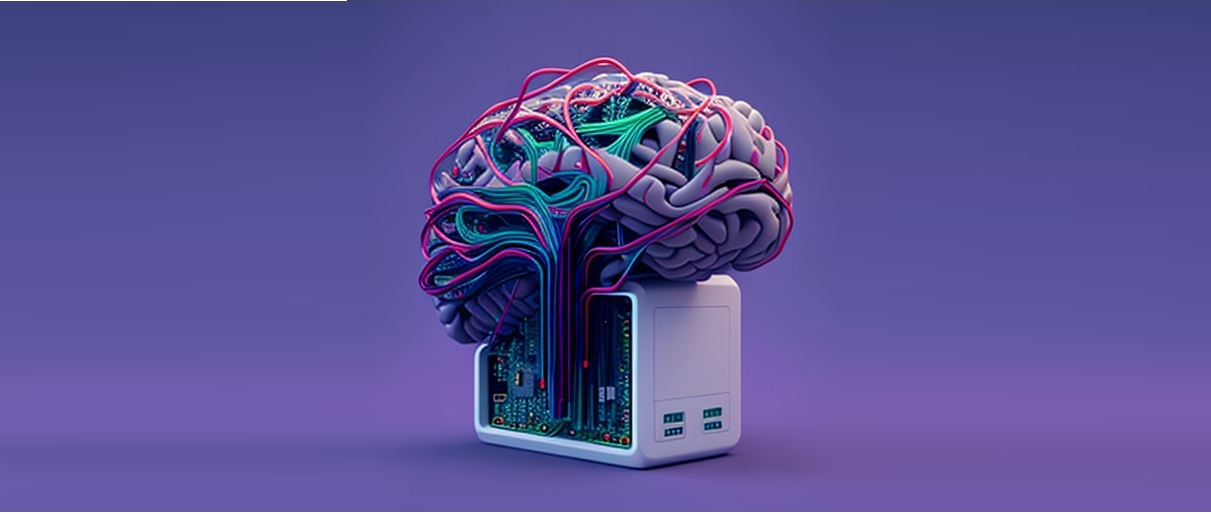This is why large language models, such as ChatGPT, are revolutionary.
Language is one of the key reasons why we, as a species, have advanced so much over the years. Humans have the capacity for complex symbolic communication, which allows us to communicate abstract ideas, feelings, and experiences. This is made possible by our highly developed brains, which allow us to process and store information in a way that other animals cannot. We are also able to use language to express ourselves in a variety of ways, including through speaking and writing (and even body language).
The use of spoken language is thought to have originated around 100,000 years ago, when early humans began to develop the ability to communicate with each other. This allowed them to share information and ideas, which in turn enabled them to organize themselves better and achieve more than any individual could. The development of spoken language allowed early humans to form social groups and cooperate with each other. This enabled them to hunt more effectively, build shelters, and create tools. Communicating their feelings and thoughts helped them form relationships with each other. This allowed them to form larger social groups and cooperate more effectively. Spoken language allowed our species to “scale” from an individual to a collective.
Written language has enabled us to accumulate knowledge over time and share it with future generations. It has allowed us to create a vast repository of information that can be accessed by anyone, regardless of their location or time period. This has enabled us to build upon the knowledge of our ancestors and create new ideas and innovations that would not have been possible without a written language. Written language has also allowed us to communicate with each other across vast distances (and across time), enabling us to collaborate on projects and share ideas. This has enabled us to create a global community of thinkers and innovators who can work together to solve problems and create new solutions. Finally, written language has allowed us to document our history, culture, and accumulated wisdom in a way that can be preserved for future generations. Written language allowed us to “scale” knowledge over time and across generations.
With the use of language, our species has been able to act as one unit. A unit that scales to 8 billion today and 109 billion that came before us.
While we have accumulated vast knowledge across generations as a species, this knowledge exists at a system level, and for the most part, is not easily accessible to any individual. The Internet has existed for over 20 years, making most of the world’s information accessible. But you still need to manually search for it or teach yourself to learn that knowledge – for example, writing code or using Adobe Photoshop.
When computers can speak and understand our language, the big opportunity is that any individual can scale to our accumulated knowledge. An individual does not need to know coding in order to write web applications or know how to use Adobe Photoshop to create interesting graphics (see featured image).
The accessible democratization of all human knowledge is why these large language models are revolutionary.



